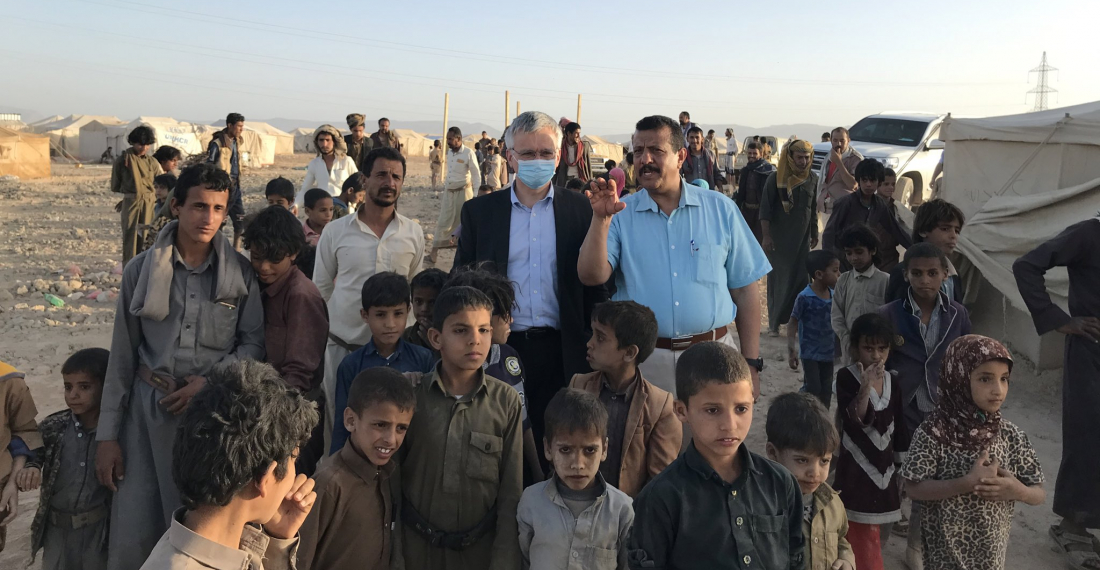Fighting between pro-government forces and Houthi fighters intensified over the weekend across multiple fronts in the governorate of Marib in Yemen. Reports indicate that around 70 have been killed in the past few days. Officials losses and the changes in the frontlines are difficult to determine as figures and news are often concealed.
Saudi airstrikes continue on Marib and other areas in Yemen but have failed to break the Marib offensive. Fighting especially intensified after the Saudi peace initiative initially failed to bring about a hoped-for ceasefire.
Tensions are also boiling up between forces loyal to the Yemeni government and the Southern Transitional Council (STC). According to RT, the two sides clashed in Abyan, in the south of Yemen. Last month, protestors loyal to the STC stormed the Presidential Palace in Aden; however, a serious diplomatic and military confrontation has largely yet been avoided.
As for peace efforts, both Oman and Sweden have played a role in recent days in pushing for talks. Sweden’s special envoy for Yemen, Peter Semneby, was in Marib on 8 April where he visited the makeshift camps for displaced locals and met with the governor of Marib where the two discussed the ongoing war and the humanitarian situations.
Semneby also talked to officials in Oman about ongoing peace efforts. Activists on social media predict that Semneby conveyed a plan that mirrors the Hodiedah agreement to be implemented in Marib. In an interview with Asharq al-Awsat, Semneby said the Hodeidah agreement can be an example for Marib. On the other hand, the Houthi representative, Mohammed Abdelsalam, met with the Omani foreign minister, Badr bin Hamad bin Hamoud al-Busaidi and the two discussed the political situation and ongoing negotiations.
It is unclear whether the Omani and Swedish efforts will impact positively the situation in Marib and the plight of local Yemenis. Unlike the Yemeni government, both Oman and Sweden refuse to directly categorise the Houthis as an extremist group despite condemning their actions.
Source: commonspace.eu with RT (Moscow), Asharq al-Awsat (London) and other agencies.
Picture: Sweden’s special envoy for Yemen Peter Semneby during his visit to Marib. (Twitter: @AnnLinde).







